|
8/13/2022 Easy Rosemary Hair Growth Spray I’ve talked a little bit about my postpartum hair issues in this post, but one way that I’ve been counteracting my thinner hair is with a rosemary essential oil hair growth spray. Rosemary essential oil helps your hair grow faster and can even lead to thicker/fuller hair, so it was a great way for me to support my thinner hair (and help my awkward hair growth areas grow out faster). This study showed that rosemary essential oil worked just as well as a leading hair growth drug without some of the side effects that the drug produced in users. I think it’s such a cool finding to be able to go a more natural route (with even better results) than a drug. Anyway, here’s the easy recipe for rosemary hair growth spray that I’ve been using in case you want to try it for yourself!  Supplies: -10 drops rosemary essential oil -1/2 teaspoon Solubol or a carrier oil -4 ounces distilled water –4 ounces spray bottle (amber bottles like this will keep the essential oil potent longer) –mini funnel (optional but helpful) Directions: Add 10 drops of rosemary essential oil to a 1/2 teaspoon and fill the rest of the teaspoon with Solubol or a carrier oil. Pour your oils into your bottle and fill the rest of the bottle to the top with water. Give your bottle a shake and spray directly into roots and then rub it in with your fingers a bit. It makes my hair look a little wonky when it dries (it kind of gives it that wet look even when dry), so I tend to do it before bed and then fix my hair again the next day. Spray into hair once a day. It’s true that it’s a little hard to tell for sure how much this works unless you only did it on half your head and compared it to the half you didn’t do it on. But, I will say that I have always had trouble growing out my hair and I definitely noticed it growing way faster than usual. How Long Does It Take to See Results? This study says that the results were much more visible six months after starting treatments versus three months in, so I would stick with it a bit before giving up if you don’t see a difference right away. And with any essential oil recipe, stop using it if you notice any adverse reactions. Hope this simple recipe helps your hair look its best, too! from A Beautiful Mess
Topically applied rosemary oil may help support hair growth and prevent hair loss. Applying too much can cause side effects. Rosemary is a culinary and healing herb. This woody perennial is native to the Mediterranean region, where people have used it in food and traditional medicine for centuries. You can also buy rosemary as an essential oil. Essential oils are highly concentrated and distilled extracts of volatile plant compounds used for:
Keep reading to learn about the evidence supporting rosemary essential oil for hair growth and how to use it safely. Can rosemary oil treat hair loss? The idea that rosemary oil encourages hair growth may come from the rosemary’s basic health benefits. Rosemary essential oil contains compounds that may:
Research suggests that rosemary essential oil may support hair growth for some people. However, additional research is still needed to support this further and determine in which cases it is and isn’t effective. An older but often-cited study from 2015 suggests that rosemary essential oil directly helps protect against hair loss. One 2015 trial compared the essential oil and minoxidil (Rogaine). The researchers divided 100 human participants with androgenic alopecia (also known as male or female pattern baldness) into two groups. They used either rosemary essential oil or minoxidil. The results suggested that rosemary essential oil was as effective as minoxidil. During the process, it helped the side effect of an itchy scalp more successfully than minoxidil. A 2023 study in mice determined that applying a hair lotion containing 1% rosemary essential oil stimulated hair growth more than minoxidil. The researchers also found that the mice treated with the rosemary lotion also had benefits to hair:
However, additional studies in humans are still needed. What makes rosemary essential oil support hair growth? Rosemary essential oil may support circulation, which may prevent hair follicles from being starved of blood supply, dying off, and leading to hair loss. Beyond stimulating hair growth, people use rosemary essential oil to prevent premature graying and dandruff. It might also help with dry or itchy scalp, though more research is needed. According to research, rosemary may benefit nerve tissue by increasing nerve growth factor. This may support hair growth and skin health. This ability to heal nerve endings may also rejuvenate nerves in the scalp, possibly restoring hair growth. How should I use rosemary oil for hair loss? You can try using rosemary essential oil as a hair restorative and thickener in a few different ways. To start, you can try any of these treatments once or twice weekly. Use them more often when desired, or you’ve become comfortable with them. 1. Massage it directly into your scalp Mix about five drops of rosemary essential oil with a teaspoon of carrier oil (like jojoba or coconut oil). Then, massage it evenly into your scalp after a bath or shower. Rinsing out the oil afterward is optional, though if you do rinse, let the oil sit on your scalp for at least 5 to 10 minutes beforehand. 2. Mix it into your hair products You can add rosemary essential oil to hair products, including:
Keep to about five drops per ounce of product. Afterward, use the product as usual. 3. Add it to homemade shampoo If you make DIY shampoo, you can also add essential oils for your preferred health and beauty benefits. Many recipes incorporate a mixture of baking soda, coconut oil, essential oil, and possibly other oils. What should I know before using rosemary oil? Avoid getting essential oil in your eyes. If contact occurs, quickly rinse your eyes with cold water. Be careful not to apply too much to your scalp. Rosemary essential oil can potentially irritate the skin, which may cause discomfort. Always dilute the oil with a carrier oil or other product to avoid skin irritation before applying it. Not enough is known about the safety of using rosemary essential oils while pregnant or breastfeeding. Talk with your doctor before using rosemary essential oil and other essential oils if you are pregnant or breastfeeding. Frequently asked questions Can I apply rosemary oil directly to my hair?When applying rosemary essential oil, you must dilute it with a carrier oil, such as jojoba oil. This helps prevent irritation while also adding hydration. Does rosemary oil help hair growth? Research suggests that rosemary essential oil may help support hair regrowth. However, the effectiveness may depend on the reason for hair loss. Is it OK to leave rosemary oil in your hair?You can leave rosemary essential oil in your hair if diluted with a carrier oil or hair product. If you experience irritation, stop using the oil. How often should I apply rosemary oil for hair growth?If you dilute rosemary essential oil with a carrier oil or another haircare product, you can apply it daily or as needed between washes. Using too much at once may cause irritation. If you apply it along with a carrier oil, you may experience oily hair if you apply it too often between washes. The bottom line Rosemary has been used by many to promote hair growth successfully. Using rosemary essential oil could very well do the same for you. Research suggests that essential oils may protect against hair loss, particularly when related to male or female pattern baldness. They may also be effective for hair regrowth for people with certain types of alopecia. Rosemary essential oil is a simple remedy that you can use at home. It may even be competitive with commercial products while causing fewer side effects. from Healthline You'll want to check out this article, too.
Rosemary oil vs minoxidil 2% for the treatment of androgenetic alopecia: a randomized comparative trial 3/30/2022 Follically Challenged: Digestive Problems & Hair Loss: How IBS & IBD Can Cause Hair ThinningThis section is for the "Follically Challenged". There are so many conversations and articles on the topic and I want make sure you are getting good information. This month's article Digestive Problems & Hair Loss: How IBS & IBD Can Cause Hair Thinning Hair loss is something a lot of people struggle with and it’s caused by a multitude of factors. Some of the most common are hereditary factors, aging, medication, hormone changes, and diseases like Alopecia areata. One of the less obvious factors involved in hair thinning is the disruption of the digestive process. Your body needs certain molecules in order to grow hair. So, hair loss can be one of the consequences of any serious digestive problem. Afflictions like Irritable Bowel Syndrome (IBS) or Inflammatory Bowel Disease (IBD) can impede digestion. This means that your body might not get the proper nutrients it needs from the food you eat. Not having the necessary nutrients means no building blocks for hair growth. In this article, we will discuss how your gut health can play a role in hair loss, and explore some of the ways you can improve your hair and scalp health. Read on to find out more. How Can Gut Health Affect Hair Loss? Your hair is made out of protein, lipids, water, and some trace elements. But the process of hair growth requires a lot of energy and involves other important elements, such as hormones, minerals, and vitamins. If the body doesn’t have sufficient quantities of any element involved in this complex process of hair growth, then hair loss may become a real threat. Your body gets all the nutrients it needs in order to function by digesting food. Everything you eat ends up in your digestive tract. Once there, your enzymes and gut bacteria break it down into simple elements that are absorbed and transported for further processing or immediate use. This is why any digestive problems may indirectly lead to hair loss. How Poor Gut Flora Can Lead to Hair Thinning Getting the proper nutrients out of food requires having a functioning digestive tract and a healthy gut flora. The bacteria and microbes in your gut are essential for the production of certain elements like amino acids, triglycerides, and vitamins (B1, B9, B7, B2, B5, K). Some imbalances in gut bacteria are also associated with diseases like IBD. A healthy gut flora represents a true ecosystem with a diversity of over 400 species of microorganisms. Most of these bacteria live in the large intestine, and they play an important role in digestion and the general health of the body, like protecting against harmful microbes. The balance between these types of germs is essential to our health, and any imbalance can lead to problems like colon cancer, and liver fibrosis. Unhealthy gut flora may cause disruptions in the process of food digestion and absorption. So even if you eat the right things, your body may not be able to extract the molecules it needs. This can, in turn, lead to deficiencies in certain elements the body uses to grow hair. It seems that gut bacteria and hair loss are interconnected. Studies have shown that improving a patient’s gut may stimulate hair growth in patients with Alopecia areata. The Link Between Gut Permeability & Hair Loss After being digested, the micronutrients obtained from food have to pass through the intestinal wall and into the bloodstream or the lymphatic system. The intestinal wall represents a barrier between the billions of bacteria and the rest of the body. But this barrier has to be permeable to allow nutrients to pass. A change in diet, gut bacteria, or inflammation in the intestine can alter the permeability of the intestinal wall. While there is no direct relation between gut permeability and hair loss, changes in the intestinal wall disrupt the digestive process and impede the absorption of nutrients. And without the proper nutrients, hair growth is slowed down or stops entirely. How Malabsorption can Lead to Hair Loss Nutritional deficiencies can be a consequence of poor diet choices, or they might be a consequence of malabsorption. In certain pathological situations, even if you’re eating healthy food, your body might not be able to break down and absorb the nutrients from the digestive tract. Malabsorption can be a consequence of certain food type intolerance, local inflammation, bacterial overgrowth, autoimmune diseases of the digestive tract, or parasites. There also appears to be a strong correlation between hair loss and patients who undergo sleeve gastrectomy procedures. This type of intervention may cause malabsorption of micronutrients like zinc and iron, both of which are necessary for hair growth. In periods of nutrient deficiencies, your body uses all its resources to keep your organs functioning properly. A process like growing hair is not a priority, so your hair might take longer to grow or it can start to thin out. IBS (Irritable Bowel Syndrome) and Hair Loss Irritable Bowel Syndrome or IBS is a chronic medical condition that affects over 7% of the general population. Symptoms like pain, bloating, diarrhea, and constipation can severely affect life quality for patients and are often associated with the disruption of the digestive process. There is no primary cause for this disease, but factors such as intestinal infections, parasitosis, alterations in serotonin levels, gut flora imbalances, and psychosocial factors have been associated with IBS. The effects of IBS are often local inflammation, food sensitivity, and carbohydrate malabsorption. One study has shown that patients with IBS have reported hair loss, hair thinning, and brittle hair as part of the accompanying non-digestive symptoms. IBD (Inflammatory Bowel Disease) and Hair Loss Inflammatory Bowel Disease or IBD is a term that includes Crohn’s disease, Ulcerative colitis, and other noninfectious inflammations of the bowel. The main factor associated with IBD is an overreaction of the immune system to the normal gut flora. Symptoms can vary, but most patients report abdominal pain, diarrhea, rectal bleeding, weight loss, and fatigue. Hair loss in patients with IBD is associated with nutritional deficiencies and adverse reactions to medication. Recent studies have also uncovered shared risk factors with Alopecia areata and Inflammatory Bowel Disease. How to Improve Hair and Scalp Health Change Your Diet to Improve Hair Health
You can improve your hair’s health and prevent hair loss caused by nutritional deficiencies by changing your diet. Changing your diet enables you to provide your body with the nutrients it needs to grow hair. Some of these nutrients are the actual building blocks, such as proteins, and others like zinc and iron are necessary for the chemical reactions taking place inside the cells that synthesize the hair fibers.
How Stress Can Lead to Hair Loss Stress can have severe effects on a person’s health by causing both psychological and biological damage. Stress can damage the autonomic nervous system and affect the immune system. It can also play a role in the pathology of various diseases like Irritable Bowel Syndrome and cause alterations in the body’s hormone balance. All of these factors may have a negative effect on hair growth.
Other Methods to Treat Hair Loss
Conclusion Hair loss is a condition that affects both men and women, and often has a huge emotional impact on those who are affected. It can be caused by a multitude of factors, and some of them are related to digestive tract issues. Any disturbance in the digestive system has the potential to cause a deficiency in the nutrients your body needs in order to grow hair. Hair loss may be prevented with proper care for gut flora health, eating a healthy diet, and managing stress. Most importantly, make sure to consult a medical specialist. Get assessed by a Naturopathic Doctor to find the root cause for your condition with natural medicine solutions. This section is for the "Follically Challenged". There are so many conversations and articles on the topic and I want make sure you are getting good information. This month's article is from "With the Zeus, doctors will no longer turn away patients on account of their skin, hair type, or race as all humans can now benefit from this new FUE device," Umar said. All-Purpose Hair Transplant Graft Harvester Study Shows Potential Capabilities FUE is a type of hair transplant that requires physicians to change tools to accommodate different hair and scalp types. Now, a recent study highlights a single device aiming to treat all types of hair situations. The Dr.UGraft Zeus device is a tool used in Follicular Unit Extraction (FUE), a treatment for hair loss. It was created by Sanusi Umar, MD, a dermatologist in Manhattan Beach, California, to help address patients who may have been turn away because of their hair texture or hair loss severity. For an article published in the Clinical Cosmetic and Investigational Dermatology Journal, Umar and colleagues detail the device and its capabilities of extracting hair follicles in all types of FUE situations. The device uses a single punch design to perform FUE on body hair, textured hair—including kinky or curly hair, and long hair, according to the release. This expands the donor pool and hair supply for hair transplantation. “When I got into the hair transplant field, FUE in Afro-textured hair (such as my own) was considered the most challenging FUE scenario,” Umar said.“Dreaded by FUE practitioners, all existing tools typically fail to deliver results in this demographic consistently. So, I set out looking for a solution to this most difficult FUE challenge. It led to a different way of looking at FUE altogether." The article describes several patented and patent-pending inventions that led to the development of an "Intelligent Punch," and its driver called the Zeus, the press release explained. This journey led to the discovery of the importance of skin thickness and firmness as a primary cause of inconsistent performance by prior FUE tools. The device auto navigates changing skin textures and curly course texture of hair follicles deeply into their subsurface paths. "With the Zeus, doctors will no longer turn away patients on account of their skin, hair type, or race as all humans can now benefit from this new FUE device," Umar said. Reference: 1. An all-purpose hair transplant harvesting device - a first. Cision PR Newswire. Press Release. Published December 29, 2021. Accessed January 3, 2022. https://www.prnewswire.com/news-releases/an-all-purpose-hair-transplant-harvesting-device---a-first-301451389.html This section is for the "Follically Challenged". There are so many conversations and articles on the topic and I want make sure you are getting good information. This month's article is from The Right Hairstyles Why You Might be Losing Hair After Coronavirus and How to React Does COVID cause hair loss? The short answer is yes! As a clinical trichologist, I have encountered an influx of diffuse shedding concerns from April 2020 to the current day, and there are more and more people sharing their disdain over the lost clumps of hair with the hashtag #covidhairloss. Let’s see what the connection between COVID and hair loss is and how you should deal with the issue. Why Hair Shedding Happens Let’s back up a little, and see what happens to the body during periods of illness, stress, and shock. Think of your body as a huge manufacturing plant, producing everything from hormones to excreting waste. When one of the manufacturing lines, in this instance the virus COVID-19, interrupts or disrupts the manufacturing line/the body’s natural equilibrium (homeostasis), the body makes a choice and stops feeding its Z – organs, the ones we can live without, to maintain the main organs – A, such as the heart and lungs. So, if the energy is being redirected to protect the fundamentals of our inner mechanisms, the Z, or lesser important organs such as skin hair and nails are halted. A bit like turning the lights off at home to save energy! The lights don’t become obsolete, but once they are not needed and the energy is saved, then so be it. Now you may understand a touch better why hair loss happens when infection, illness or even stress affects the body. Our body is redirecting energy to its main manufacturing needs, aka keeping you breathing and beating. The same hair shedding, or telogen effluvium according to its medical term, happens after childbirth, an operation, or trauma. If we need to direct energy, hormones or antidotes, in the case of COVID-19, the body will disrupt the balance and direct these to help the A organs fight the cause. This is why the blood analysis and the disruption of the balance that doctors spot in the blood analysis allows determining a correct diagnosis and swift treatment pathway. Hair Loss After COVID-19 Back to shedding, we tend to notice the “shed” around 3 months after people recover from COVID-19. This is due to the hair coming out of its natural growth cycle and slipping out of the little sheaths that grow and protect our hair shafts as they evolve. These hairs that fall out are very likely to already have a new hair growing in this dermal growth pocket, called a follicle. Everyone is unique and has a different growth cycle, and hairs shed and grow naturally according to a predisposition that is affected by things such as age, and hormones. Because we can have around 100,000 hairs, it’s normally virtually unnoticeable; those fallen hairs are replaced by brand new hairs that grow from the same follicle. Some growth cycles can be as short as a year, some as long as 9 years. You will see this from long you can grow your hair without the very ends or the bottom lengths looking finer than say the mid-length. The disruption of the growth cycle due to Coronavirus makes strands come to the shedding phase all at once, this is why losing hair after COVID-19 is quick and abrupt. This hair loss is not permanent, but it is noticeable, and it takes time for new hairs to grow from the follicle. Mind that noticeable hair loss causes much stress, which can further promote stress-related hair loss. This is why it is so important not to panic over post-COVID hair loss. Here is what you should do instead. What to Do If You Are Losing Hair After COVID If COVID-19 had a high toll on your hair, the key response should be patience, patience, and more patience. Imagine you just have to grow out those bangs or a bad haircut. Hair grows approximately 15cm a year, and some people have slower growth phases, so it’s going to take months to regain the density you have lost. Try popular hair regrowth methods, but set realistic expectations. No amount of oil from the gods will make it grow quicker than your DNA cell renewal allows, and we certainly can’t clone our hair (no, it’s not that it is not possible today, but still out of reach for the general public). Also, consider getting haircuts more frequently to thicken the areas left finer or go shorter to give back some bounce to your hair. NUTRITION is another key to growing hair and improving the overall health, your entire manufacturing plant. A well-balanced diet is the cornerstone of all things healthy; supplementation is fine, but it is not a replacement. If you are on a strict diet or have dietary needs or preferences, look for professional guidance on the subject, your body will thank you in the end, and so will your hair. Let’s not forget that trichologists take the holistic approach to our patients’ needs, and sometimes those needs are lifestyle-induced or environmental effects! For more help and guidance, here is a list of worldwide organizations you can approach to find a trichologist near you:
After all, why not take this time of “hair awareness” and really get some great advice and styling tips from a trichologist and an experienced stylist, especially one that understands the sensitives surrounding hair loss and shedding! You may want to follow East Coast Trichology or reach out to me for tips and guidance.
|
Hair by BrianMy name is Brian and I help people confidently take on the world. CategoriesAll Advice Announcement Awards Balayage Barbering Beach Waves Beauty News Book Now Brazilian Treatment Clients Cool Facts COVID 19 Health COVID 19 Update Curlies EGift Card Films Follically Challenged Gossip Grooming Hair Care Haircolor Haircut Hair Facts Hair History Hair Loss Hair Styling Hair Tips Hair Tools Health Health And Safety Healthy Hair Highlights Holidays Humor Mens Hair Men's Long Hair Newsletter Ombre Policies Procedures Press Release Previous Blog Privacy Policy Product Knowledge Product Reviews Promotions Read Your Labels Recommendations Reviews Scalp Health Science Services Smoothing Treatments Social Media Summer Hair Tips Textured Hair Thinning Hair Travel Tips Trending Wellness Womens Hair Archives
May 2025
|
|
Hey...
Your Mom Called! Book today! |
Sunday: 11am-5pm
Monday: 11am-6pm Tuesday: 10am - 6pm Wednesday: 10am - 6pm Thursday: By Appointment Friday: By Appointment Saturday: By Appointment |
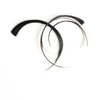
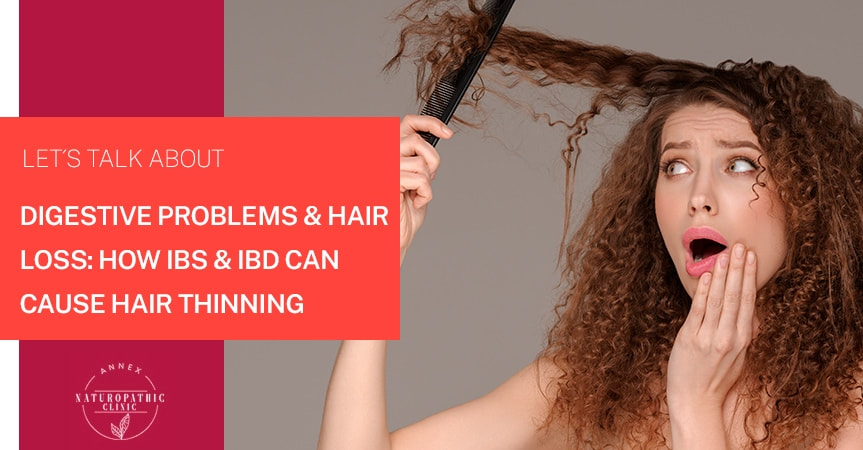
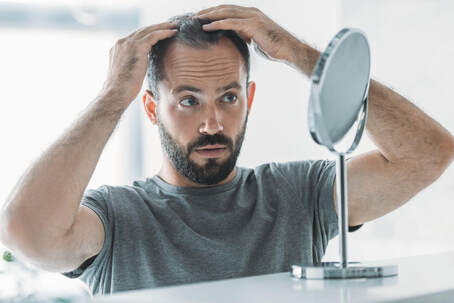
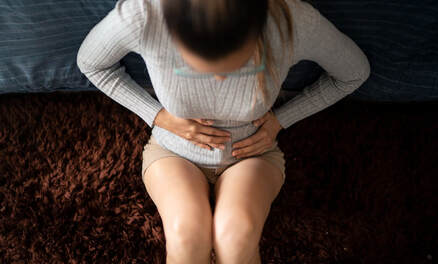


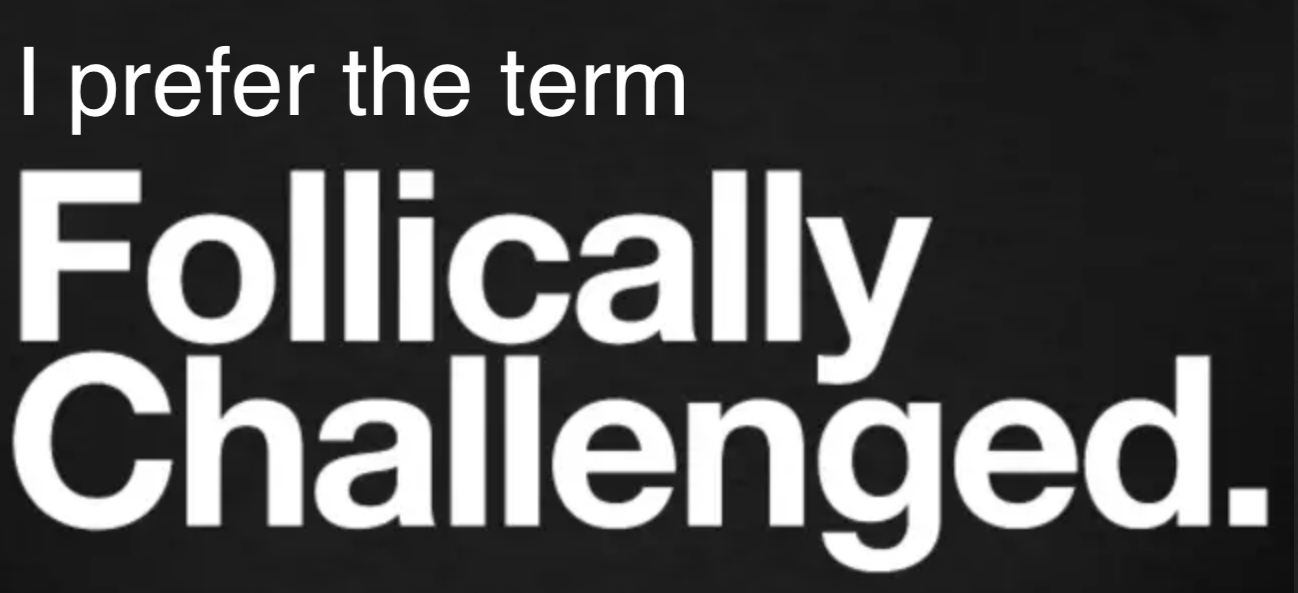
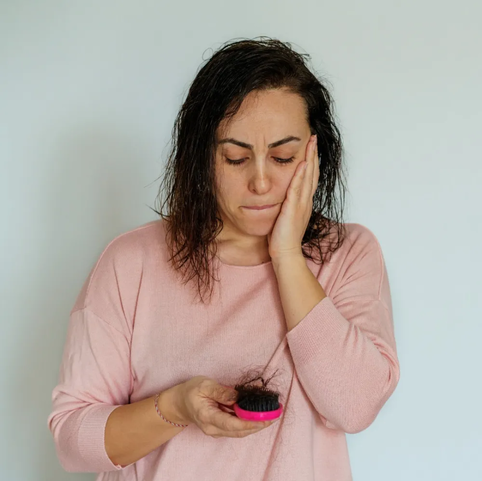
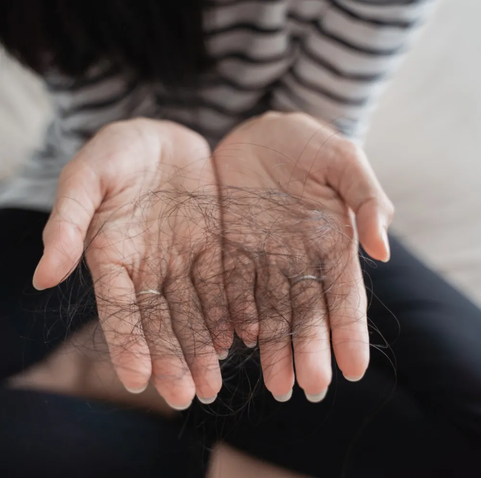
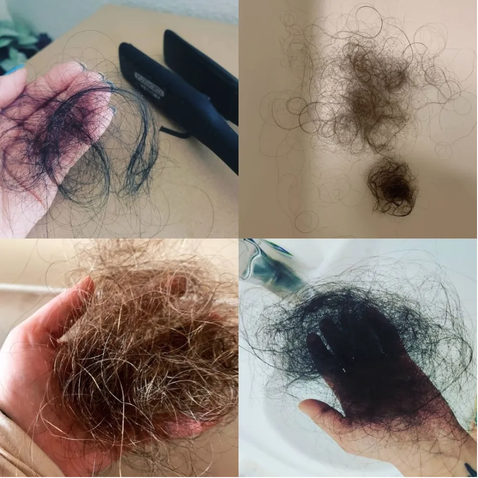
 RSS Feed
RSS Feed